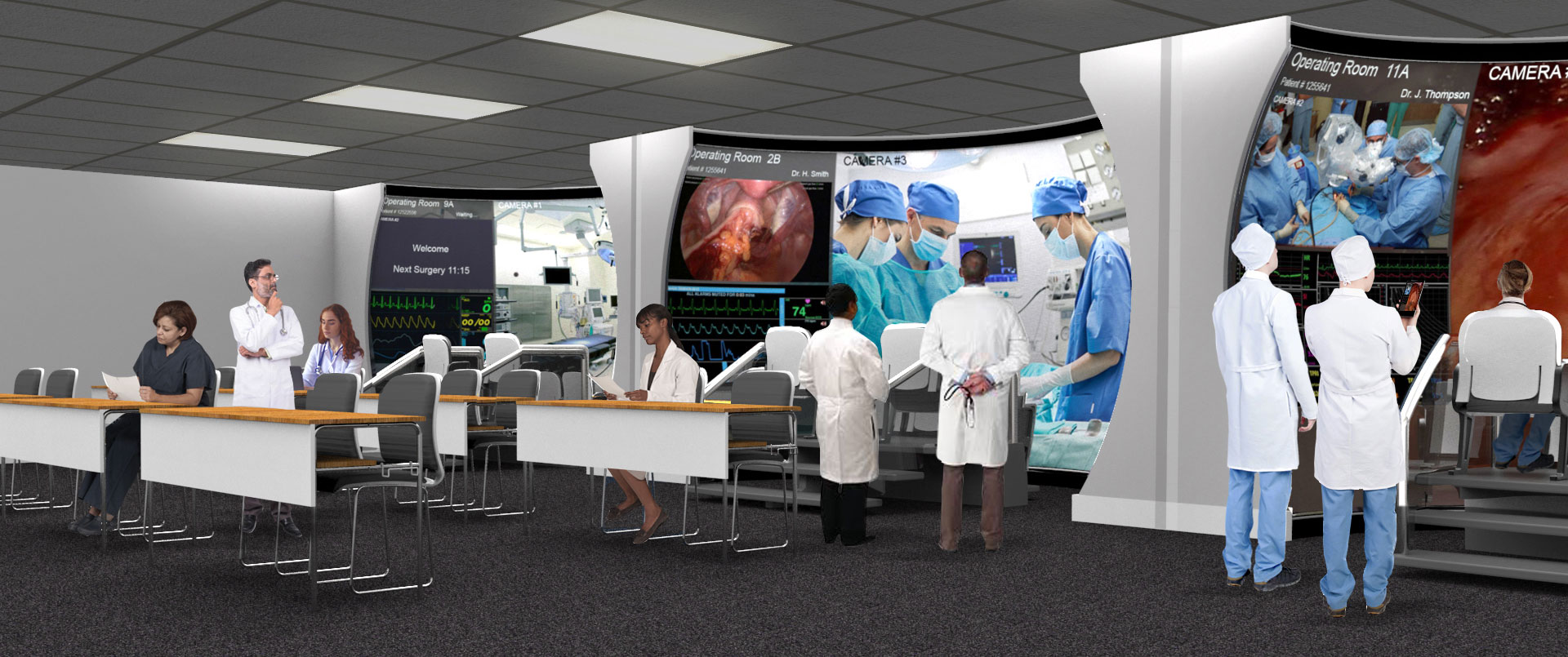The connection between virtual reality and personal confidence
Using VR technology has a variety of benefits for various industries and institutions. But what about the benefits for individual people? Can VR help people face their fears and boost their confidence?
Virtual reality is known for creating highly detailed immersive simulations. These simulations can help prepare people for various events and build confidence without the risk of real-world consequences.
Take the medical field for example. Many doctors and medical students have used virtual reality systems to participate in training modules and simulations of everything from surgery to patient rehab and clinical skills. Not only does this improve the quality of the continued education our medical professionals receive, but it improves the confidence of new practitioners who haven’t begun to work directly in the field yet.
It doesn’t stop with doctors
VR and confidence isn’t limited to the medical field. Performers, professional athletes, and military personnel can all improve their talents and self confidence using virtual reality.
Many actors and singers use VR to combat stage fright by exposing themselves to a virtual audience before stepping out in front of the real deal. Similarly, athletes and soldiers use VR simulations to prepare them for the fast paced environments in which they work. For example, athletes can practice plays and strategy in a virtual setting, while virtual reality military training simulates high stress combat scenarios without the stakes of a real battlefield.
These simulations allow individuals to experience potentially difficult events in a safe context, building both comfort and confidence before experiencing them in the real world.
Virtual reality has also been instrumental in revolutionizing therapy and meditation. VR can help therapy clients practice social scenarios, self care skills, and responding to triggers in a controlled environment. This allows clients to see the outcome of their choices and work on engaging with others without the fear of consequences. Once the client has mastered these skills virtually, they can experiment with them in daily life. Furthermore, VR can make meditation and mindfulness practices more immersive and engaging, allowing you to truly disconnect from the pressures of the outside world.
It starts with being proactive
Immersive VR environments are excellent for building skills and experience in the workplace, and have become a staple of training courses and educational resources. Not only does this make for more confident workers, but more competent ones as well. If you’re concerned about building confidence in the workplace, virtual reality might be just the thing to help ensure you and your employees are prepared for anything.

